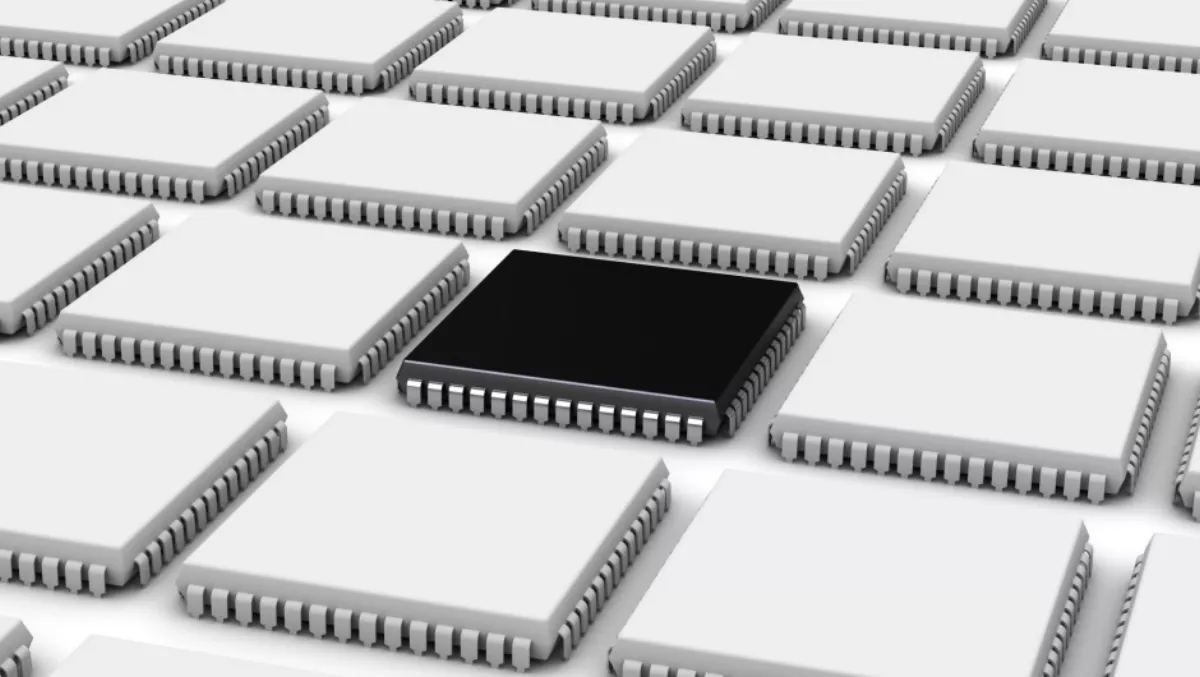
IDC forecasts steady growth for server microprocessor market
The microprocessor market is set to keep growing, driven by growth from cloud providers and storage systems, the Worldwide x86 and ARM Server-class Microprocessor 2016–2020 Forecast report from IDC says.
The report forecasts a 1.3% increase of x86 and ARM server-class microprocessor revenue, totalling $13.9 billion worldwide. ARM server-class microprocessor forecasts a 3.9% increase in shipments, totalling 22.9 million units.
The compound annual growth rate (CAGR) from both microprocessor revenues is expected to grow by 2.2% to $15.3 billion by 2020.
Intel's unit share also increased from 93% in 2010 to 99.2% in 2015.
IDC says the growth has been driven by cloud service providers such as Google and Amazon. Chinese system providers are also looking for alternatives to Intel processors, further encouraging competition.
Server microprocessors are also being adapted into storage systems, networking systems and embedded systems. IDC estimates this accounts for 17.3% of shipments of processors such as Intel Xeon. The number has increased rapidly from the 8.8% figure given in 1Q13.
From 2010-2015, there was a 25% increase in the average worldwide contract price for server-class microprocessor customers. This has been driven by the diversity of demand.
Another forecasted trend for 2017 is the new product designs from ARM processor vendors, the report says. Vendors such as Applied Micro and Cavium have been successful in designing new microprocessors and working with communications service providers and systems vendors across a range of end customers.
Shane Rau, research vice president, Computing Semiconductors at IDC, says, "With an expanding system total available market (TAM), expanding workload base, and emerging competition, the next five years of the server-class microprocessor market will see more system- and workload-specific designs, moderation in pricing, and some modest change in market share."
IDC says that in the near future Intel's Xeon E5-26xx series will face competition from major processor vendors including AMD's x86-based Zen, Qualcomm's ARM-based Hydra and Cavium's ARM-based ThunderX 2.


